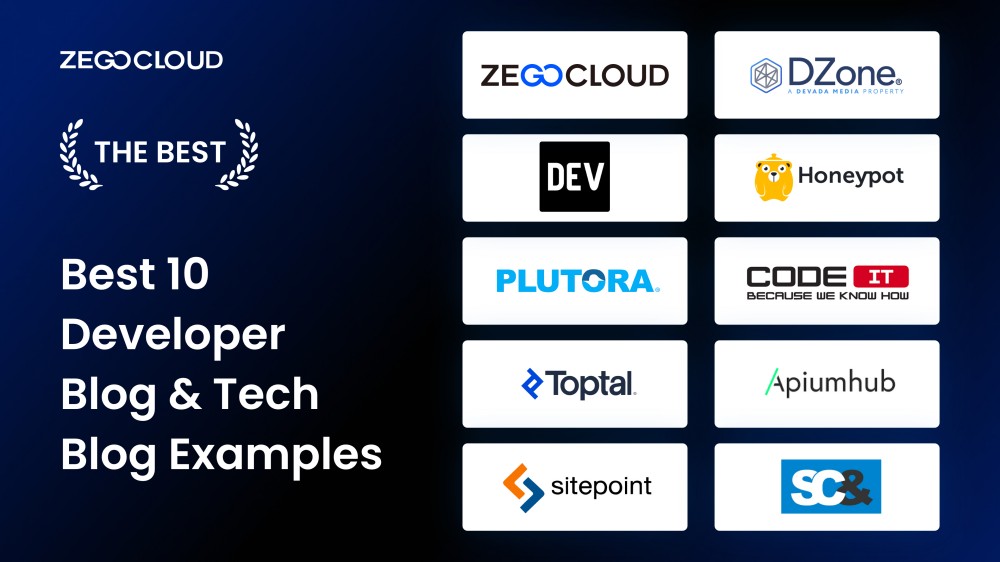Uncover Hidden Treasures in the Industry with the Best tech blog Suggestions
Uncover Hidden Treasures in the Industry with the Best tech blog Suggestions
Blog Article
Exactly How Blockchain Modern Technology Is Revolutionizing Information Security
Blockchain modern technology is basically altering the landscape of information security by introducing a decentralized framework that promises improved openness and durability. Unlike conventional systems, which depend on centralized information repositories, blockchain distributes data across a network, minimizing vulnerabilities and single points of failure. Using sophisticated cryptographic methods guarantees that information continues to be tamper-proof, fostering depend on amongst stakeholders and customers. As markets quickly adjust to this modern technology, concerns arise concerning its more comprehensive impact and prospective obstacles. What ramifications does this shift hold for future data defense techniques and regulatory frameworks? The responses might shock you (Best tech blog).
The Basics of Blockchain
Blockchain modern technology, a revolutionary idea in digital data administration, fundamentally transforms how info is kept and safeguarded. At its core, a blockchain is a distributed journal that tapes purchases throughout a network of computer systems, making sure transparency and immutability. The technology operates a chain of blocks, each including a checklist of purchases. Once a block is filled, it is time-stamped and linked to the previous block, creating a chronological chain.
Trick to comprehending blockchain is the hashing procedure, which encrypts purchase data right into an unique alphanumeric code. This cryptographic function ensures that any alteration in the transaction data causes a completely various hash, consequently safeguarding versus tampering. The consensus mechanism, another crucial part, verifies and confirms new purchases via a network of nodes, therefore removing the demand for a centralized authority.
Furthermore, blockchain's append-only structure makes certain that data, as soon as added, can not be removed or altered. This particular warranties a permanent and verifiable document of deals, promoting trust fund amongst participants. Consequently, blockchain provides a robust structure for information integrity, supplying sectors a reputable approach for tracking and handling digital information in a secure, clear manner.
Decentralization and Safety And Security
Decentralization, a core principle of blockchain innovation, substantially improves data security by distributing control throughout a network rather than depending on a particular, centralized entity. By distributing information across many nodes, blockchain makes sure that even if one node is compromised, the whole network remains secure.

Furthermore, decentralization empowers customers with greater control over their data. Each individual in the network has accessibility to the entire blockchain, permitting them to validate and investigate deals individually. This openness cultivates count on amongst users, as they do not have to count on a main authority to make sure information honesty. Generally, decentralization contributes in improving information safety and security in blockchain networks.

Cryptographic Strategies
At the heart of blockchain innovation, cryptographic strategies play an essential duty in protecting data, making certain both discretion and honesty. These strategies are fundamental to the blockchain's ability to safely tape-record purchases in a decentralized manner. Cryptography in blockchain utilizes a combination of uneven and symmetrical formulas to encrypt information, making it accessible only to accredited celebrations - Best tech blog. Public and private crucial sets are main to this procedure, permitting for secure verification and identification verification without revealing sensitive information.
Hash functions are one more critical element, changing input data into a fixed-size string of characters, effectively producing an unique electronic finger print for each and every block. This guarantees that any type of attempt to modify the information will cause a completely different hash, thus maintaining the immutability of the blockchain. Furthermore, digital signatures validate the authenticity and integrity of deals, providing a layer of non-repudiation.
The decentralized nature of blockchain, integrated with robust cryptographic techniques, gets rid of the requirement for intermediaries, lowering potential susceptabilities. As blockchain technology advances, developments in cryptography such as zero-knowledge proofs and homomorphic file encryption remain to boost safety procedures, further fortifying information defense in this revolutionary digital journal system.
Use Cases Across Industries

In the healthcare sector, blockchain makes certain the protected storage and sharing of person documents, promoting interoperability while securing delicate information from unauthorized accessibility. This innovation encourages patients with control over their medical history and promotes smooth control among doctor.
Supply chain monitoring benefits substantially from blockchain's immutable journal, which makes certain traceability and credibility of items from beginning to consumer. By boosting openness, blockchain assists alleviate issues such as counterfeiting and unethical sourcing.
Furthermore, blockchain's decentralized nature is reshaping the power market by enabling peer-to-peer energy trading, where consumers can purchase and market excess renewable power directly. This cultivates a much more effective and sustainable energy community.
In the world of intellectual residential or commercial property, blockchain offers a tamper-proof system for designers to register and protect their jobs, ensuring rightful attribution and reasonable settlement. These varied use situations highlight blockchain's duty as a pivotal pressure in redefining data safety across sectors.
Future of Data Protection
As we seek to the future of information defense, blockchain modern technology is poised to play a critical duty in securing digital details. With its decentralized and unalterable features, blockchain supplies a durable framework for safeguarding delicate data versus unauthorized accessibility and cyber dangers. This innovation makes sure that when information directory is recorded, it is nearly impossible to alter without detection, therefore supplying a considerable advantage over traditional data storage techniques.
The integration of blockchain with other innovative modern technologies, such as expert system and the Net of Things (IoT), is anticipated to enhance data protection methods further. By leveraging smart contracts, companies can automate official site and apply protection methods, lowering human mistake and raising performance. In addition, blockchain's capability to give traceable and clear deals will boost trust and responsibility in information management techniques.
As governing landscapes progress, blockchain's compliance-friendly nature will certainly come to be progressively pertinent. It can aid companies fulfill stringent data defense guidelines, such as the General Data Protection Law (GDPR) and the California Customer Privacy Act (CCPA), by giving verifiable records of information handling tasks. Eventually, blockchain's one-of-a-kind qualities placement it as a transformative device in the ongoing mission to safeguard the electronic globe versus ever-evolving cyber threats.
Verdict
Blockchain modern technology represents a paradigm change in information safety by leveraging decentralization and cryptographic methods to enhance openness, count on, and data honesty. Its capacity to remove solitary points of failing and use agreement mechanisms considerably decreases the danger of scams you can find out more and cyberattacks. This innovative structure not just empowers users with higher control over their data but additionally lines up with regulatory conformity. As cyber risks evolve, blockchain emerges as an important device for durable data security throughout different sectors.
Blockchain innovation is essentially modifying the landscape of information safety by presenting a decentralized structure that assures improved openness and resilience. Unlike standard systems, which rely on centralized information databases, blockchain distributes data across a network, decreasing susceptabilities and solitary factors of failure.Decentralization, a core principle of blockchain modern technology, substantially improves information security by distributing control throughout a network instead than relying on a particular, centralized entity.At the heart of blockchain innovation, cryptographic methods play a critical role in guarding data, ensuring both confidentiality and stability.Blockchain technology represents a paradigm shift in information safety by leveraging decentralization and cryptographic methods to boost openness, depend on, and information integrity.
Report this page